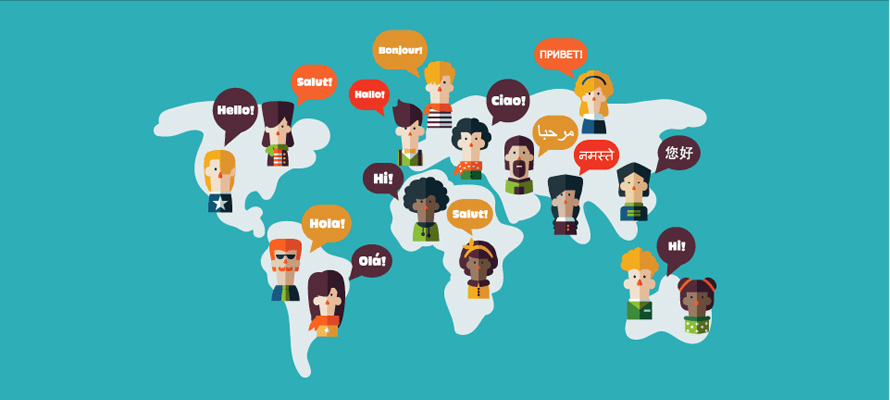
In today’s interconnected world, businesses and individuals are constantly striving to reach a global audience. This often involves creating multilingual content to cater to diverse linguistic preferences and cultures. However, one critical aspect that is often overlooked in the quest for effective Multilingual Ottawa SEO is Unicode conversion.
In this blog post, we’ll explore the significance of Unicode conversion for Multilingual SEO and why it should be an integral part of your international digital strategy.
Understanding Unicode Conversion
Before delving into the importance of Unicode conversion, let’s clarify what Unicode is and why it matters. Unicode is a standardized system that assigns unique characters and symbols to virtually every writing system in the world. This universal character encoding enables different languages and scripts to coexist harmoniously on digital platforms.
When you create content in various languages on your website, you need to ensure that the characters and symbols are accurately represented. Unicode conversion is the process of transforming text from different encodings into Unicode, guaranteeing consistent and legible content across various languages.
Why Unicode Conversion is Crucial for Multilingual SEO
Search Engine Compatibility: Search engines like Google, Bing, and Yahoo operate using algorithms that analyze and index web content. Unicode-encoded content ensures that search engines can understand and process the text in multiple languages, making it more likely to appear in relevant search results.
User Experience: When users search for information online, they expect to find content in their preferred language. Unicode conversion allows your website to deliver content that is easily readable and comprehensible to a diverse audience. A better user experience can lead to longer on-site visits and increased engagement.
Improved Indexing: Unicode-encoded content is more accessible to search engine crawlers, ensuring that your multilingual content is effectively indexed. Proper indexing is essential for your website’s visibility in different regions and languages.
Global Reach: To compete on a global scale, your website needs to be multilingual and ready to reach audiences from various linguistic backgrounds. Unicode conversion is the key to maintaining consistency and ensuring that your content is not garbled or misrepresented in different languages.
Multilingual Keyword Optimization: Unicode conversion goes hand in hand with keyword optimization for multilingual SEO. It enables you to research and incorporate relevant keywords in multiple languages, ensuring your content ranks well in international searches.
Implementing Unicode Conversion in Your Multilingual SEO Strategy
Use UTF-8: UTF-8 is a popular Unicode encoding that is widely supported by web browsers and search engines. Ensure that your website uses UTF-8 encoding to represent text in multiple languages.
Quality Translation: Invest in professional translation services to guarantee accurate content in various languages. Poor translations can undermine the benefits of Unicode conversion.
Hreflang Tags: Implement hreflang tags in your website’s HTML to indicate language and regional targeting. This helps search engines understand which version of your content to display to users from different regions.
Mobile Responsiveness: Ensure that your website is mobile-responsive, especially when targeting international audiences. A responsive design adapts to different devices and screen sizes, enhancing the user experience.
Regular SEO Audits: Periodically conduct Abbotsford SEO audits to check for any encoding issues, broken links, or errors related to Unicode conversion. Address any issues promptly to maintain a smooth multilingual user experience.
In conclusion, Unicode conversion is a fundamental component of successful Multilingual SEO. It ensures that your content is accurately represented in multiple languages, facilitating better search engine rankings, user experience, and global reach. By prioritizing Unicode conversion in your multilingual SEO strategy, you can tap into new markets and connect with audiences from diverse linguistic backgrounds, ultimately expanding your online presence and impact.
